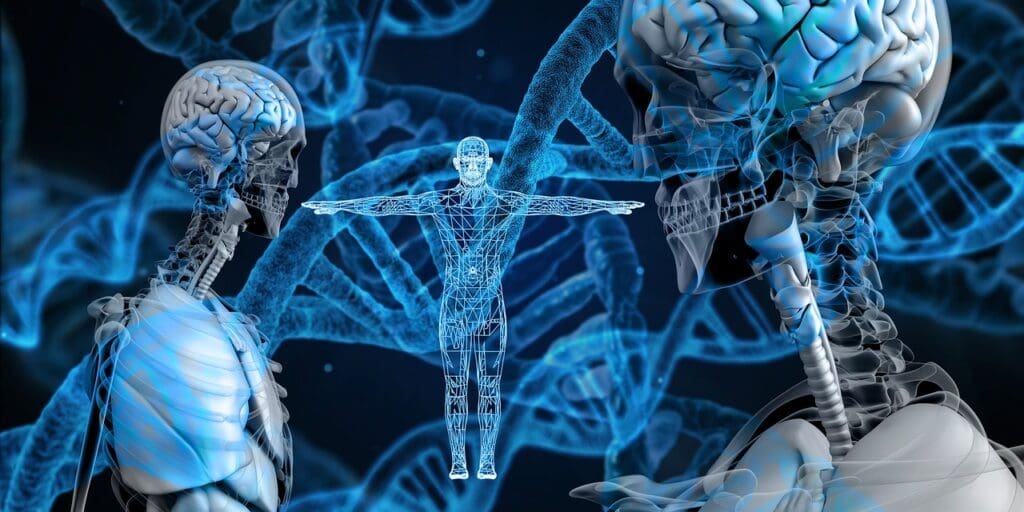Laboratory medicine faces groundbreaking changes: Leopoldina discussion paper calls for biomarker revolution
In a discussion paper published today by the German National Academy of Sciences Leopoldina, the researchers involved recommend a paradigm shift in dealing with age-related diseases in research and medicine. Biomarkers and a national multi-omics database should play a key role in this.
In the paper “Health-enhancing medicine in an ageing society – perspectives for medical research and practice”, they call for better research into the ageing process so that medicine can focus on ageing itself – instead of waiting for the treatment of age-related diseases.

With increasing age, the body’s ability to monitor and control cellular processes decreases. This leads to increasing malfunctions, for example in cell repair. These malfunctions are often the cause of cancer or cardiovascular diseases in old age. Such age-related diseases represent a major challenge for the healthcare system in an ageing society. A better understanding of the mechanisms of ageing offers great potential for the development of new therapeutic approaches that could help to maintain health during the ageing process and effectively reduce age-related diseases.
In order to understand the highly complex ageing process, the authors of the discussion paper recommend the establishment of an interdisciplinary consortium for system ageing in Germany. This consortium would pool expert knowledge in the biology of ageing and systems biology and enable the linking of research data from model organisms with human data such as biosamples and patient data.
The availability, linking and analysis of large amounts of data is key to better understanding the ageing process, identifying environmental factors that influence ageing and developing possible geroprotective measures. Multi-omics data, i.e. combined data from different levels such as DNA, RNA and proteins, could help researchers to develop biomarkers for ageing. These biomarkers would provide information about a person’s biological age (which often differs from chronological age) and thus prove the effectiveness of geroprotective measures or drugs in clinical trials. The authors of the discussion paper therefore recommend setting up a national biological database. Similar to the British Biobank, multi-omics data could be pooled here and made available for research.
This could open up numerous new treatment approaches, for example for the pharmacological treatment of ageing. There are already drugs – for example for the treatment of high blood pressure or type 2 diabetes – that have been shown to have a geroprotective effect. The authors claim that analyzing large amounts of data could help to identify other existing drugs that could also be used as geroprotectors. They also present cellular reprogramming as a promising strategy for reversing the ageing process, as it could help restore tissue function. In addition, reliable biomarkers could enable a paradigm shift in GP practices and hospitals in the future to provide patients with evidence-based advice to prevent disease and support resilience processes.
The discussion paper “Health-Extending Medicine in an Aging Society – Prospects for Medical Research and Practice” has been published on the Leopoldina website: https://www.leopoldina.org/en/ageing-medicine
Editorial office: X-Press Journalistenbû¥ro GbR
Gender note. The personal designations used in this text always refer equally to female, male and diverse persons. Double/triple references and gendered designations are avoided for the sake of better readability ected.




